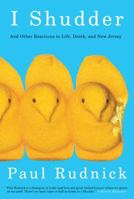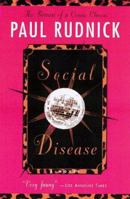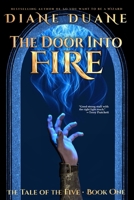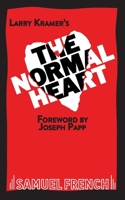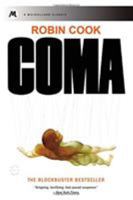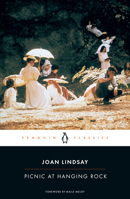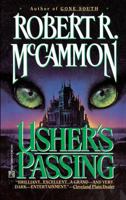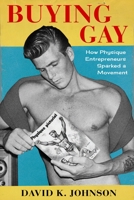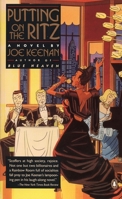You Might Also Enjoy
Book Overview
Donald Goines continues the gripping, gritty story of crime in the black ghetto begun in Crime Partners. They're all back for blood- Kenyatta, the ganglord with an army of brothers to deal deadly with crooked cops and dope dealers; Benson and Ryan, a black and white detective team, desperate in their fight to stop the black crime wave. It's doomsday when Kenyatta joins them in a war against a secret list of drug pushers. "In his five-year literary career, Donald Goines provided perhaps the most sustained, multifaceted, realistic fiction picture ever created by one author of the lives, choices, and frustrations of the underworld ghetto blacks. Almost single-handedly, Goines established the conventions and the popular momentum for a new fictional genre, which could be called ghetto realism." -Greg Goode, University of Rochester
Format:Paperback
Language:English
ISBN:0758286481
ISBN13:9780758286482
Release Date:February 2013
Publisher:Holloway House Publishing Company
Length:320 Pages
Weight:0.50 lbs.
Dimensions:0.5" x 5.6" x 8.2"
Related Subjects
Classics Contemporary Fiction Gay & Lesbian Lesbian Literature & Fiction Specific DemographicsCustomer Reviews
4 customer ratings | 4 reviews
There are currently no reviews. Be the first to review this work.
















